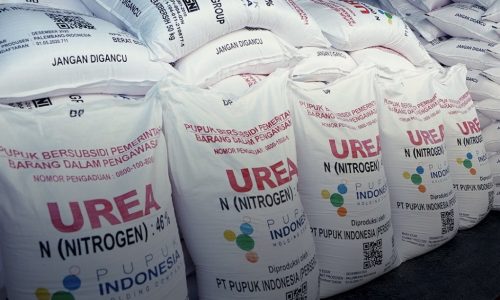The National Cyber and Encryption Agency (BSSN) stated that during the period of January 2023 to July 2023, there has been more than 204 million suspicious internet activities within Indonesia’s network.
Hinsa Siburian, the Head of BSSN, identified three major types of attacks that occurred during the period.
“Based on BSSN’s monitoring results from January to early July 2023, we have detected a total of 204,686,669 anomalies,” said Hinsa during the Southeast Asia Technology Trends & Priorities Forum 2023 in Jakarta on Wednesday (12/7/2023).
Furthermore, he mentioned that the most prevalent anomalies were malware activities, accounting for approximately 53.54%, followed by trojan activities at 29.7%, and information leaks at 6.84%.
Increasing challenge in maintaining cyber security
Hinsa explained that maintaining and ensuring cyber security is becoming increasingly challenging with the growing use of technology and the evolution of cyber attacks, which have becoming more complex.
Therefore, BSSN calls for joint responsibility in cybersecurity implementation among all stakeholders, including government agencies, businesses, academics, and the public.
“Hence, all stakeholders, including government agencies, businesses, academics, and the public, must collaborate to achieve an open and connected digital security for Indonesia’s future,” he added.
Hinsa stated that the digital world can bring much opportunities and prosperity if it can be utilized properly.
Government focuses on cybersecurity
With the continuous development of digital economy, cybersecurity has become one of top priorities of the government.
“Therefore, the government consistently encourages various efforts to develop the digital economy ecosystem, particularly by preparing various policies and regulations in sectors such as finance, education, healthcare, trade, industry, and others,” said the Secretary of the Coordinating Ministry for Economic Affairs, Susiwijono Moegiarso in an official statement last week (7/7).
Susiwijono also stated that the growth of the digital economy is accompanied by an increase in cybersecurity risks.
These risks manifest in the form of malware and organized cybercrime, ranging from reputational damage to corporations with significant business implications to material losses due to personal data theft, intellectual property infringements, and other potential fatal risks.
“Cybersecurity is a highly important priority for our national security moving forward. Many countries have also made this a security priority. Therefore, the government needs to ensure that all efforts to grow the digital economy are accompanied by reliability in the realm of cybersecurity,” said Susiwijono. Cybersecurity is also a key pillar in the development of Indonesia’s digital economy, which is aimed at strengthening public trust towards digital economy.









